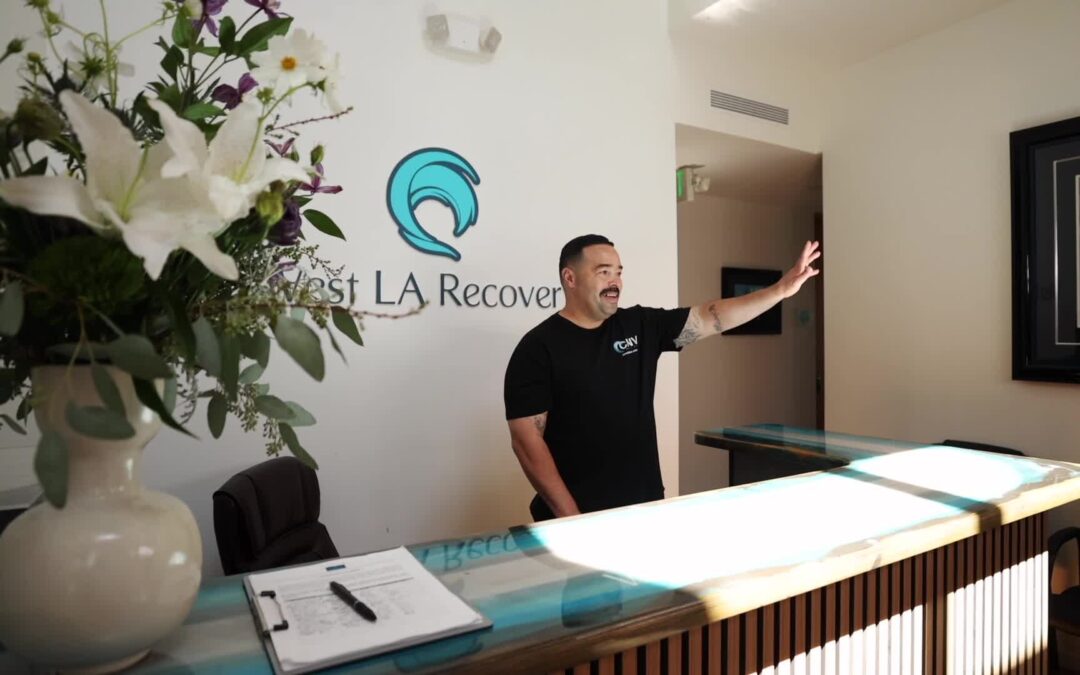The struggle with heroin addiction is a harrowing journey, often leading to devastating consequences. One of the most concerning intersections of heroin use is with homelessness. This article will delve into the complex relationship between heroin and homelessness, exploring the contributing factors and outlining potential solutions that address both issues simultaneously.
What is Heroin Addiction?
Heroin addiction, also known as heroin use disorder, is a chronic and relapsing brain disease characterized by the uncontrollable use of heroin despite its harmful consequences.
Here’s a breakdown of the key points:
- Chronic: Heroin addiction is a long-term condition that requires ongoing treatment and support.
- Relapsing: People in recovery from heroin addiction may experience periods of relapse, even after completing treatment.
- Brain Disease: Heroin alters the brain’s reward system, making it difficult to resist the urge to use the drug, even when it has negative consequences.
Signs and Symptoms:
- Physical: Heroin use can cause physical symptoms like constipation, nausea, drowsiness, and slowed breathing. Long-term use can lead to serious health problems like collapsed veins, infections, and organ damage.
- Behavioral: People struggling with heroin addiction may exhibit changes in behavior such as neglecting responsibilities, stealing money to support their habit, and isolating themselves from loved ones.
- Psychological: Heroin addiction can also lead to mental health problems like depression, anxiety, and paranoia.
Causes of Heroin Addiction:
There’s no single cause of heroin addiction. Several factors can contribute, including:
- Experimentation: Some people may start using heroin out of curiosity or peer pressure.
- Genetics: Having a family history of addiction can increase your risk.
- Mental health issues: People with underlying mental health conditions may be more likely to self-medicate with heroin.
- Social environment: Growing up in a chaotic or abusive environment can make someone more susceptible to addiction.
What is Homelessness?
Homelessness refers to the state of lacking stable, safe, and secure housing. It’s a complex issue with various causes and experiences. Here’s a breakdown of key aspects:
Definition:
There are different ways to define homelessness, but generally, it includes people who:
- Live on the streets (sidewalks, parks, doorways)
- Stay in shelters (emergency shelters, transitional housing)
- Live in unsafe or overcrowded conditions (abandoned buildings, motels)
- Double up with friends or family (due to lack of their own housing)
Causes:
Homelessness can be caused by a combination of factors, including:
- Lack of affordable housing: Rising housing costs and stagnant wages can make it impossible for people to afford rent.
- Job loss or economic hardship: Unexpected events like job loss, illness, or family crisis can lead to financial instability and housing insecurity.
- Mental health issues: Mental health conditions like depression or anxiety can make it difficult to maintain stable housing.
- Substance use disorders: Addiction can lead to job loss, strained relationships, and ultimately, eviction.
- Domestic violence: Fleeing an abusive situation can leave individuals with nowhere to go.
The Vicious Cycle: How Heroin and Homelessness Feed Each Other
While the reasons behind homelessness are multifaceted, heroin addiction is a significant contributing factor. The grip of addiction can quickly erode financial stability, leading to job loss, strained relationships, and ultimately, eviction. Living on the streets exposes individuals to violence, exploitation, and further health risks, making recovery from heroin even more challenging.
Understanding the Causes:
- Financial Strain: Heroin is an expensive drug. To support their habit, users may resort to criminal activity, neglecting financial obligations, and jeopardizing their housing situation.
- Mental Health Issues: Many individuals struggling with heroin addiction also grapple with co-occurring mental health disorders like depression or anxiety. These mental health challenges can make it difficult to maintain employment and stable housing.
- Social Stigma: The stigma surrounding addiction can lead to social isolation, further hindering access to support systems and resources like housing assistance programs.
Consequences of Homelessness for Heroin Users:
- Increased Vulnerability: Living on the streets exposes individuals to violence, accidents, and harsh weather conditions. This vulnerability can exacerbate health problems associated with heroin use.
- Limited Access to Treatment: Homelessness presents a significant barrier to accessing addiction treatment programs. Stable housing is often a requirement for participation in many traditional rehab programs.
- Increased Risk of Relapse: The stress and instability of homelessness can trigger cravings and relapse.
Breaking the Cycle: Solutions for Heroin and Homelessness
Fortunately, there are promising approaches that address both heroin addiction and homelessness.
Supportive Housing: Supportive housing programs combine safe, affordable housing with integrated addiction treatment and supportive services. This model recognizes the critical role of stable housing in facilitating recovery. Studies have shown that supportive housing programs are highly effective in reducing homelessness and substance use among individuals with heroin addiction.
Housing First Model: The Housing First model prioritizes providing permanent housing immediately, without requiring sobriety as a precondition. This approach acknowledges that stable housing provides a foundation for addressing other challenges, including addiction. With secure housing, individuals can focus on treatment and rebuilding their lives.
Integrated Dual Diagnosis Treatment: This type of treatment addresses both substance abuse and co-occurring mental health issues. By treating both conditions simultaneously, integrated dual diagnosis programs can improve treatment outcomes and increase the likelihood of long-term recovery. West LA Recovery offers comprehensive dual diagnosis treatment programs specifically designed to address the unique needs of individuals struggling with heroin addiction and mental health challenges.
Importance of Community Support: Building a strong support network of peers, family members, and addiction professionals is crucial for sustained recovery. Support groups, therapy sessions, and life skills training empower individuals to navigate life’s challenges and resist the urge to relapse.
West LA Recovery: A Path to Healing
At West LA Recovery, we understand the complex interplay between heroin addiction and homelessness. We offer a comprehensive approach to treatment that addresses both issues. Our supportive housing programs provide individuals with a safe and stable environment conducive to recovery. Our integrated dual diagnosis treatment programs tackle both the addiction and any co-occurring mental health conditions.
West LA Recovery is dedicated to helping individuals overcome heroin addiction and rebuild their lives. If you or someone you know is struggling with heroin and homelessness, contact us today to learn more about our treatment programs and how we can help you break free from this cycle.







